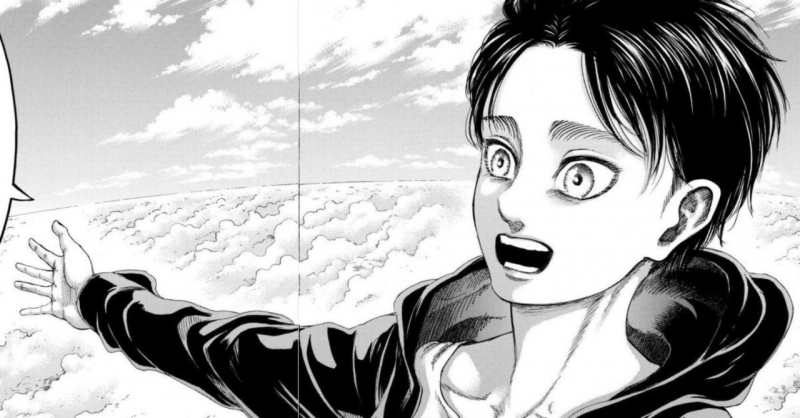Attack on Titan

At the moment, Attack On Titan is the most talked-about worldwide anime series on the planet. It's essentially anime's Game of Thrones. Other, more recent successes, such as Demon Slayer: Kimetsu no Yaiba, haven't quite reached the same heights as Attack On Titan. Both series earned popularity in the Western market – namely the United States and the United Kingdom – in the same manner, and it's worth considering how that works.
In Japan, a comic or light novel project must first achieve commercial success before the publisher invests in promoting an anime series. The anime acts as a marketing strategy for the series, attracting new viewers who may purchase the novels. This elevates the series's sales and establishes it as a full-fledged brand with several spinoffs – figurines, video games, retail, and even stage productions and audio dramas. The IP becomes almost self-sufficient in terms of revenue generation. This is the ultimate goal of every author or publisher with a series.
In the United States and Western Europe, the reputation of a comic series is reversed. Typically, fans discover a series as an anime before purchasing the original manga edition. Attack On Titan is an especially fascinating case study since Kodansha Comics published its English version before the anime's debut. According to reports, the manga's sales were disastrously low. Then the anime's first season began, and the series quickly became a global hit. Fans in the United States and Western Europe started purchasing the manga series, propelling it to bestseller lists and sometimes surpassing sales of The Walking Dead books, which had previously been the top comics series in the United States.
Year of Release: 2009
Author: Hajime Isayama
2021 Sales: ~7.3M copies











